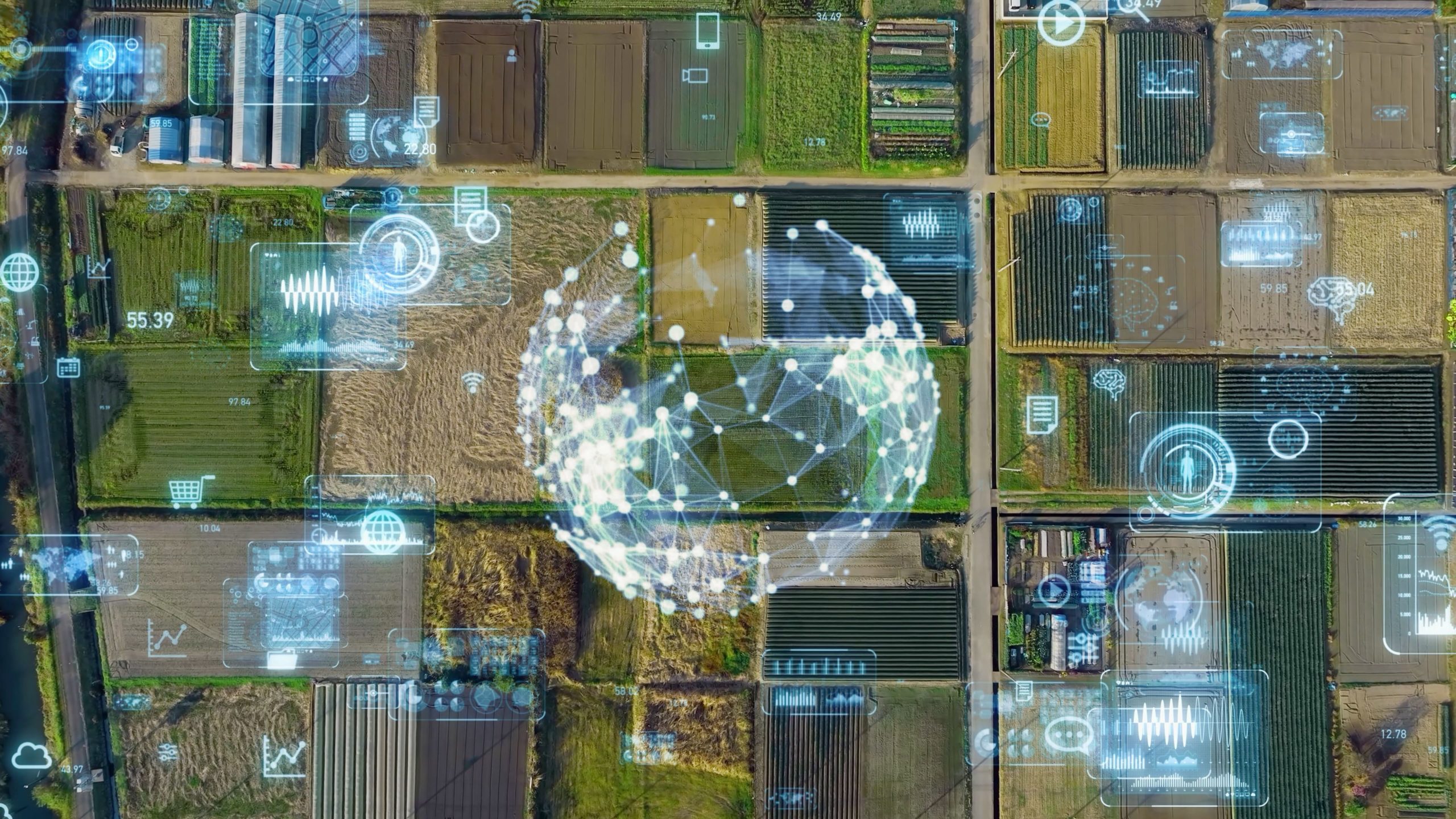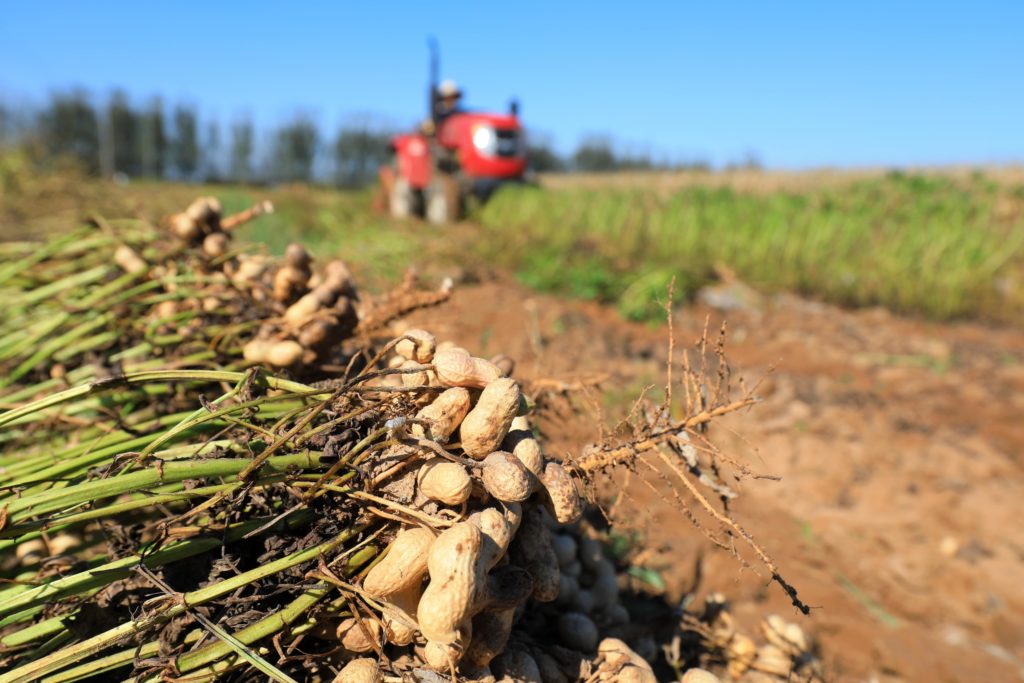
Responsive Agriculture
Responsive Agriculture fosters innovation in the agricultural sector and food environment to ensure the economic prosperity of the system while intentionally providing delicious, abundant, safe and nutritious food to encourage health and well-being.

- Human Nutrition and Public Health: Identify how production agriculture can support human health by increasing the health promoting qualities of food and agricultural products.
- This approach opens new opportunities for large and small-scale innovations in production agriculture to improve human and environmental health.
- Develop new technologies (e.g. CRISPR), methods, and applications that are readily translated into commercial products that are responsive to societal needs, consumer demands, and waste reduction.
- Environment: Systems approaches to identify how agriculture can support environmental quality and make agriculture more resilient to changes in the environment by efforts to increase and sustain carbon sequestration, reduce greenhouse gas production, increase water use efficiency and diminish negative impacts on water quality, and enhance the options for creation of renewable energy.
- Emphasis will be placed on quantifying the interactions of genetics, environment, and management on food production.
- Economic Health: By linking improved understanding of consumers and society, this research emphasis identifies how consumer behavior science and behavior economics impacts the food systems, and how to fast track adoption of new systems by producers, processors, or consumers by identifying what consumers want and what is their acceptance.
- Will engage with entire agriculture value chain and be informed by the other two focus areas.
- This approach aims to ensure economic health and sustainability across the entire U.S. agriculture sector.

USDA-ARS Unit

The IHA includes the U.S. Department of Agricultural Research Services, USDA-ARS. The Responsive Agricultural Food Systems Research Unit is funded at $20 million annually. The unit will be composed of a mix of new ARS scientists and existing Texas A&M faculty. The IHA and its embedded ARS unit will work collaboratively with other ARS units and land-grant universities nationally to bring big data, state-of-the-art sensors and computational systems approaches to responsive agriculture and precision nutrition.
The IHA will lead the transformation of our food systems to focus on health outcomes. The IHA with its ARS unit will focus on three key objectives to support this transformation:
- Develop a better understanding of the relationship among animal and plant agricultural production and management, the environment, nutrient quality and content and human health.
- Develop innovative strategies to advance precision agriculture and nutrition and link and analyze large and diverse datasets using cutting-edge data science/data engineering approaches, such as AI and machine learning.
- More clearly define the requirements for and the role of human nutrition in public health, focusing on subgroups and populations and determining how precision nutrition can help meet these requirements and improve human health.
Associate Members
The following researchers are IHA Associate Members who have active Responsive Agriculture projects underway:

Soil & Crop Science
Project title: Enhancing the Health Benefits of Specialty Grain Sorghum Hybrids for the U.S. Food Industry.

Biochemistry & Biophysics
Project title: Raman-based sensing of human and plant health.

Lubbock AgriLife Research & Extension Center
Project title: Enhancing Health on the Texas High Plains with Sustainable and Resilient Cropping Systems That Mitigate Wind Erosion and Dust Control.

Agricultural Economics
Project title: Agriculture Sector Analysis of Environmental Developments and Nutritional Initiatives.

Vegetable & Fruit Improvement Center
Project title: Green N-Carbon Dots to Develop Climate Resilient Tomatoes with Enhanced Health Promoting Bioactive Compounds.

Food Science & Technology
Project title: Microbial Food Safety.